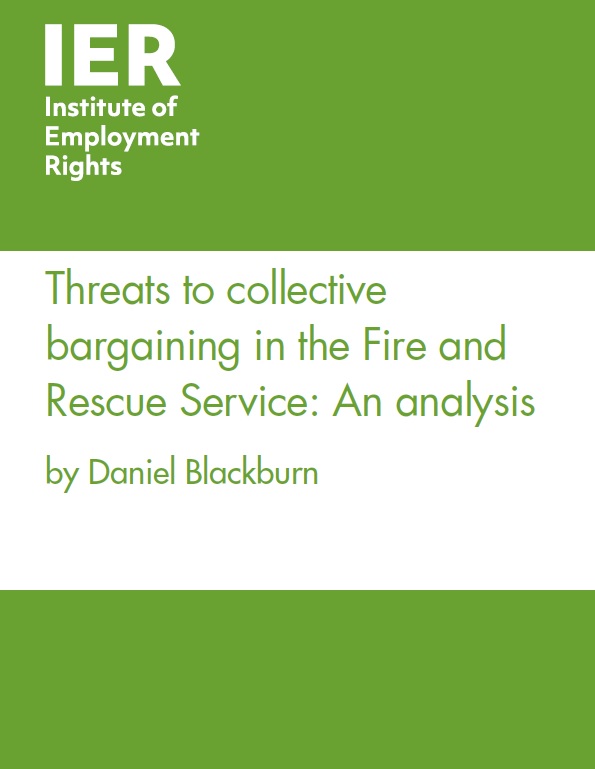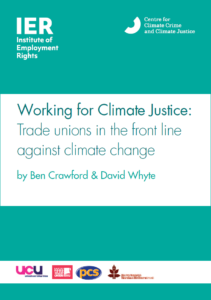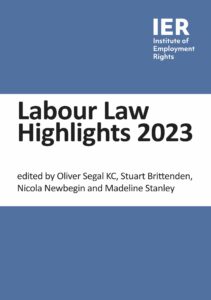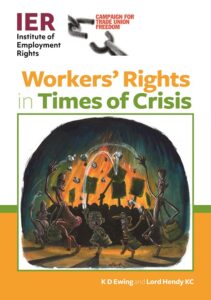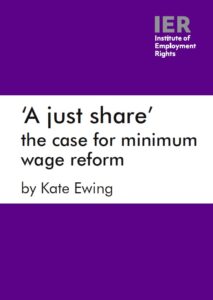Threats to collective bargaining in the Fire and Rescue Service: An analysis (Download, trade union)
This publication analyses the attacks to collective bargaining via pay review bodies proposed by the Government
£2.50
About the book
The National Joint Council for Local Authority Fire and Rescue Services (NJC) is a robust and longestablished vehicle for discussion, negotiation and agreement. The NJC has stood the test of time, retains the support of employers and unions, and proved its worth and efficacy during the pandemic. The NJC exists on the basis of a voluntary agreement, and is not dependant on government or legislative support. It cannot be ‘repealed’, and the Government has limited options to interfere with such a private agreement, short of radical action that would be an affront to both fundamental legal concepts about the freedom of contract, and to the voluntary traditions of the British industrial relations system.
While ultimately the Government might seek to proceed with such a radical intrusion, it would be required to justify this action under international law, as the union would almost certainly mount a challenge. Several international treaties place powerful negative obligations on the State to refrain from interference in existing bargaining arrangements, particularly where these demonstrate the effectiveness, continuity, stability and support of the Fire and Rescue Service NJC.
There are also matters of domestic law that will present procedural barriers to any attempt at significant re-structuring of Fire and Rescue Service industrial relations, such as are proposed. Primary legislation will be required to repeal a power arising under the Fire and Rescue Service Act 2004, that obligates the Secretary of State to keep under consideration the establishment of ‘negotiating bodies’ (PRBs will not meet this standard).
Preview
Get your copy now
Please add a copy of the book to your basket and go through checkout.
Subscribers
Those with a paid subscription to the IER can:
- Access their free copy of the publication immediately by logging in to their account You must be logged in to view this content.
- Save their free copy to their personal library by logging in to their account and selecting either of the ‘download’ options below. Please add the download to your basket and proceed to the checkout to save the product to your library – you will not be charged.
Order copies online
More like this
Working for Climate Justice: trade unions in the front line against climate change
Our report demonstrates how vital it is for trade unions to develop a collective bargaining approach to climate change and environmental
Labour Law Highlights 2023
The IER’s regular team of barristers guides readers through key court decisions in the last year that may prove
Workers’ Rights in Times of Crisis
6 years since the Trade Union Act came to force, this book discusses the Government's new legal bonfire of rights at
‘A just share’: the case for minimum wage reform
This publication is a timely contribution to the debate on the UK’s national minimum wage (NMW)
